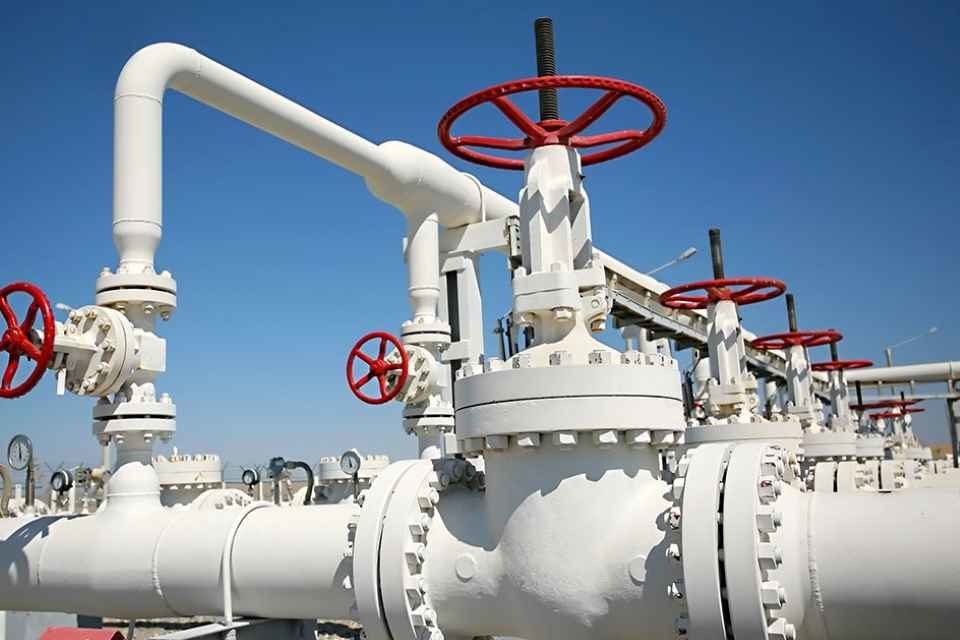
Private equity group expects Venezuela bet to pay off with energy reforms | via: Reuters
Luc Cohen | Venezuela | September 10, 2021
* Sucre Energy Group sees natural gas pricing reforms
* Sucre has had talks about more possible acquisitions
* Debt-for-equity swaps seen as model for investment
Sept 10 (Reuters) – A private equity group expects a contrarian bet it made this year on Venezuela’s oil and gas sector to pay off soon, with the socialist government making reforms to attract capital to the OPEC nation after years of U.S. sanctions and sparse investment.
Executives at Caracas-based Sucre Energy Group said in an interview that Venezuelan authorities had expressed openness to bringing natural gas prices in line with market rates after years of price freezes and heavy subsidies. Weak cash flow at state oil company PDVSA, which buys gas from private producers, has led to significant payment delays.
Such changes would be crucial to success of Sucre’s investment in Gas Guarico, a natural gas joint venture with PDVSA. Sucre purchased a 70% stake from Japan’s Inpex Corp here this year, the latest example of small, local firms filling the shoes of major multinationals abandoning Venezuelan assets.
“We have the belief that the state is going to put in place the public policy required for this market to work,” Nicolas Faillace, one of Sucre’s directors, told Reuters on Thursday. “That will give the proper incentive for the payments to happen.”
The company also aims to purchase more Venezuelan oil and gas assets and has held discussions with other private partners in joint ventures with PDVSA. Faillace and Santiago Fontiveros, Sucre’s other director, declined to identify the companies.
Last year, Venezuela rolled back some subsidies for gasoline, hoping to ease chronic shortages. The government has encouraged private investment to help the economy stave off collapse in the face of sanctions on PDVSA, the central bank and other institutions meant to force President Nicolas Maduro to leave power.
The government has not publicly indicated any intention to raise prices for other fuels like natural gas, mainly used in Venezuela to boost crude output and generate heavily subsidized electricity.
Despite Maduro’s rhetorical embrace of the private sector after years of blaming it for Venezuela’s hyperinflationary recession, critics warn that few pro-market reforms have been codified and the risks of investing in the country here remain high.
“Lots of companies have not been paid in many years,” said Antero Alvarado, managing partner for Venezuela at consultancy Gas Energy Latin America. “Until that dynamic is broken, it will be difficult for the gas sector to grow.”
Neither PDVSA nor Venezuela’s oil ministry responded to requests for comment.
DEBT-FOR-EQUITY SWAPS
Sucre aims to boost output at Gas Guarico in coming months from 50 million cubic feet per day (MMCFD) currently to 70 MMCFD, its current capacity, without new drilling. Venezuela’s total gas output averaged 4,700 MMCFD, or 4.7 billion cubic feet per day, in 2020, according to Alvarado.
Sucre has spent around 2 million euros ($2.37 million) on early-stage improvements such as purchases of spare parts for equipment. The company has raised money from individual Venezuelan and European investors, and Fontiveros said Sucre is seeking financing from European private equity funds.
Another option for the firm to enter oil and gas projects is through exchanges of public debt for stakes, Fontiveros said. Venezuela recently completed one such debt-for-equity swap for PDVSA’s 49% stake in a refinery in the Dominican Republic, which officials see as a model here for future deals to reduce the South American country’s high debt load and boost investment.
“A big part of that debt to equity will happen with the oil and gas sector and petrochemical sector, obviously, because that’s where Venezuela’s biggest assets are,” Fontiveros said, adding that Venezuelan authorities were “very open to it.” ($1 = 0.8450 euros) (Reporting by Luc Cohen in New York; Editing by David Gregorio).